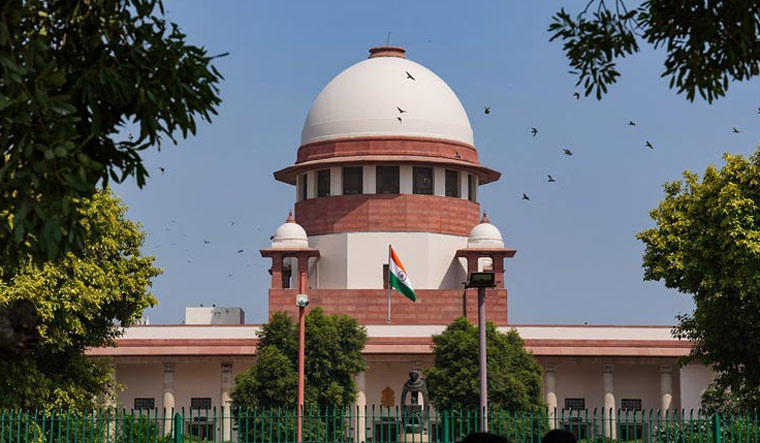Protesting the Supreme Court's “foreigner” remark against Sikkimese Nepali community, Sikkim Democratic Front called for a 48-hour bandh starting today. Since the SC's remark on January 13, protests erupted in Sikkim.
"This bandh should send a strong message from the people of Sikkim to the Central government," said SDF president Pawan Chamling.
With the questions raised against the state government's handling the issue related to the SC observation, Sikkim health minister Mani Kumar Sharma had resigned from his post on Thursday.
Chief Minister Prem Singh Tamang has said that his government had already filed a review petition in the apex court for its rectification. Tamang has assured the people that the additional advocate general and law secretary of the state are handling the matter with grave importance.
He also said that he will be going to meet law minister Kiren Rijiju to discuss the issue.
The SC had disposed two writ petitions filed by Association of Old Settlers of Sikkim (AOSS) and others with a prayer to grant of income tax exemption at par with the Sikkimese people as given under Section 10 (26AAA) of IT Act following an amendment in 2008 by the Parliament.
What SC ruled
In the judgment dated January 13, 2023, the SC had directed the Centre to amend the definition of "Sikkimese" in Section 10 (26AAA) of Income Tax Act 1961 for including income tax exemption to all Indian citizens domiciled in Sikkim on or before the merger date of April 26, 1975.
A Bench of Justices M.R. Shah and B.V. Nagarathna directed the state to amend.
"all persons engaged in business were subjected to tax irrespective of their origin. Therefore, there was no difference made out between the original inhabitants of Sikkim, namely, the Bhutia-Lepchas, and the persons of foreign origin settled in Sikkim like the Nepalis or persons of Indian origin who had settled down in Sikkim generations back."
"The Union of India shall make an amendment to explanation to Section 10 (26AAA) of IT Act, 1961, so as to suitably include a clause to extend the exemption from payment of income tax to all Indian citizens domiciled in Sikkim on or before 26th April, 1975."
Earlier, the tax exemption excluded "old Indian settlers", who had permanently settled in Sikkim before the merger of the state into the Indian union on April 26, 1975.
The court struck down the clause to Section 10 (26AAA) which excluded Sikkimese women who had married non-Sikkimese men after April 1, 2008, from the benefit of tax exemption, as a violation of Articles 14, 15 and 21 of the Constitution.
"The direction is issued....to eliminate discrimination and disparity in respect of the aforesaid category of Sikkimese, who subsequently have become citizens of Indian with effect from 26 April 1975...and to save explanation from unconstitutionality and to ensure parity in the facts and circumstances of the case," said the apex court.





.jpg.image.100.58.jpg)





